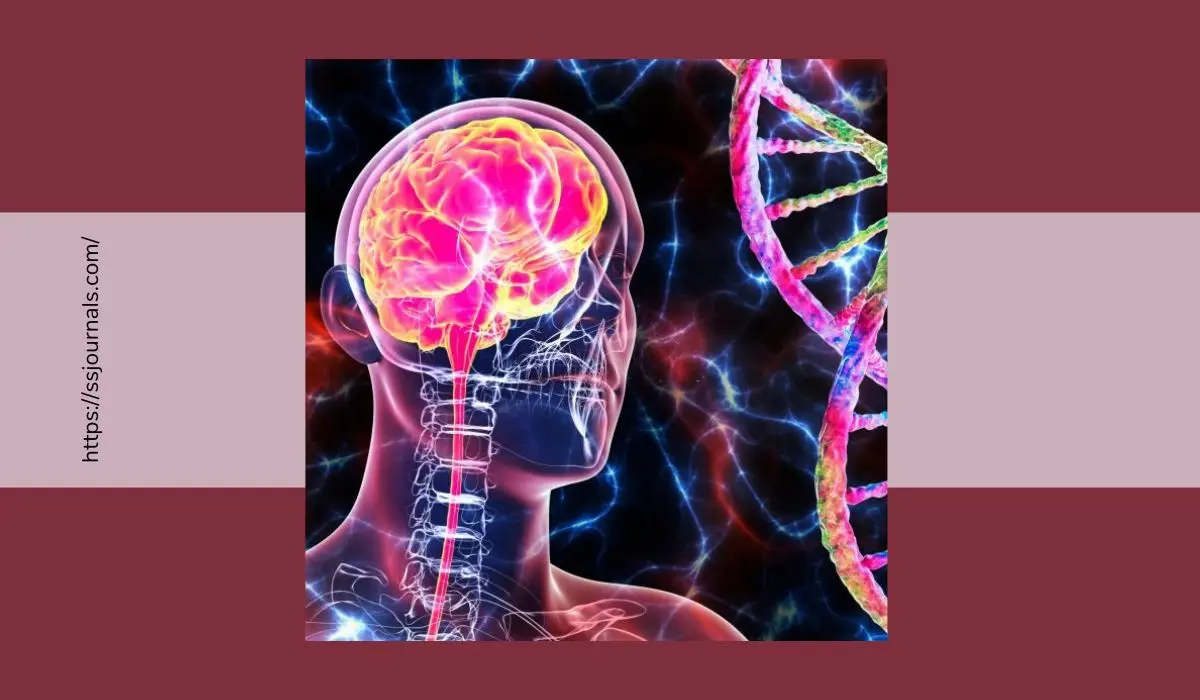Neurodegenerative disorders affect the nervous system, leading to progressive neuron degeneration.
These diseases, such as Alzheimer’s and Parkinson’s, can have a big effect on a person’s quality of life. Here, we discuss different ways to manage these illnesses and improve overall well-being.
Managing neurodegenerative disorders is difficult, but possible. Firstly, it’s important to keep a healthy lifestyle. Do physical exercise and eat a balanced diet with lots of nutrients.
Exercise encourages the production of growth factors in the brain, which can protect against neuronal damage.
Another way to manage neurodegenerative disorders is to stay mentally active. Do puzzles or learn new skills – this can help build cognitive reserve and boost brain function.
Social interaction is also essential. Connect with people who understand your struggles. Join support groups or go to therapy. These things can provide emotional support and reduce feelings of isolation.
Understanding Neurodegenerative Disorders
Neurodegenerative disorders are complex and debilitating. They affect the nervous system, causing nerve cells to slowly degenerate.
Examples include Alzheimer’s, Parkinson’s, Huntington’s, and ALS. These conditions can cause a gradual decline of cognitive, motor, and/or sensory functions.
Researchers have made progress in understanding the mechanisms of these disorders.
Abnormal proteins accumulate in the brain, causing neuronal damage and death. This protein aggregation messes with normal cell function and communication, resulting in symptoms.
To understand the disorders better, it is essential to explore their specific characteristics.
Alzheimer’s is characterized by amyloid plaques and tau tangles, which impair memory and cognitive function.
Parkinson’s involves the loss of dopamine-producing cells in the substantia nigra, causing motor symptoms such as tremors and rigidity.

At present, there is no cure for these disorders. Treatments aim to manage symptoms and slow down disease progression. Medication can help with symptoms.
Physical and occupational therapy can improve quality of life. Research suggests lifestyle factors such as exercise, a balanced diet, and mental stimulation can reduce risk or delay onset.
Public figures with neurodegenerative disorders have helped raise awareness. Ronald Reagan’s Alzheimer’s diagnosis increased public knowledge and spurred research.
Symptoms And Diagnosis Of Neurodegenerative Disorders
Recognizing symptoms and getting an accurate diagnosis are imperative steps to effectively managing neurodegenerative disorders.
These conditions cause progressive degradation of the nervous system and manifest in a few ways, like:
- Motor disturbances, such as tremors, muscle stiffness, and impaired coordination.
- Cognitive decline, like memory loss, difficulty with problem-solving, and impaired judgment.
- Mood and behavior changes, like depression, anxiety, irritability, and apathy.
Medical history, neurological exams, imaging tests, and genetic testing can help healthcare professionals identify the disorder and make an appropriate treatment plan.
For managing symptoms and promoting overall well-being, consider:
- Regular exercise to improve neuronal function and maintain cognitive abilities.
- A balanced diet with plenty of fruits, vegetables, whole grains, lean proteins, and omega-3 fatty acids.
- Cognitive stimulation, like puzzles or learning new skills.
By implementing these suggestions, individuals living with neurodegenerative disorders can enhance their quality of life while managing symptoms. Get professional advice for personalized guidance.
Treatment Options For Neurodegenerative Disorders
Neurodegenerative disorders present a huge challenge for patients and caregivers. Thankfully, various treatments are on hand to ease symptoms and slow down the progression. These include:
- Medicines: Cholinesterase inhibitors, for instance, may help regulate cognitive decline in Alzheimer’s disease.
- Physiotherapy: Tailored exercise programs can boost mobility and functionality.
- Occupational Therapy: This focuses on helping patients do daily tasks independently and maintain their quality of life.
- Speech Therapy: Exercises and techniques to improve communication and avert complications are available for those with speech and swallowing issues.
- Support Groups: This provides emotional aid, info-sharing and practical tips for patients and families managing neurodegenerative disorders.
- Alternative Therapies: Acupuncture, music therapy, or aromatherapy may bring relief from certain symptoms or enhance overall well-being.
Conclusion
Neurodegenerative disorders are tough to manage. To improve quality of life and slow the disease down, lifestyle changes, medical care, and supportive therapies are needed.
A strong support system of healthcare professionals, family, friends, and caregivers is also essential.
Engaging in stimulating activities like puzzles, reading, and social interaction may help maintain cognitive function. No cure is currently available, but these strategies can make a difference.
Related:- Geriatric Problems Faced By Older Adults – How Do They Cope With The Lifestyle?
When managing neurodegenerative disorders, seek professional medical guidance.
Neurologists and geriatricians can provide accurate diagnoses and tailor treatment plans. Meds can help with symptoms and slow the disease.
Follow up regularly to monitor the effectiveness of the treatment plan.
Physical therapy, occupational therapy, or speech therapy can be useful. These therapies focus on mobility, muscle strength, coordination, and independent living.
Joining support groups and community organizations can be beneficial too. Clinical trials may uncover breakthrough treatments for these disorders.

